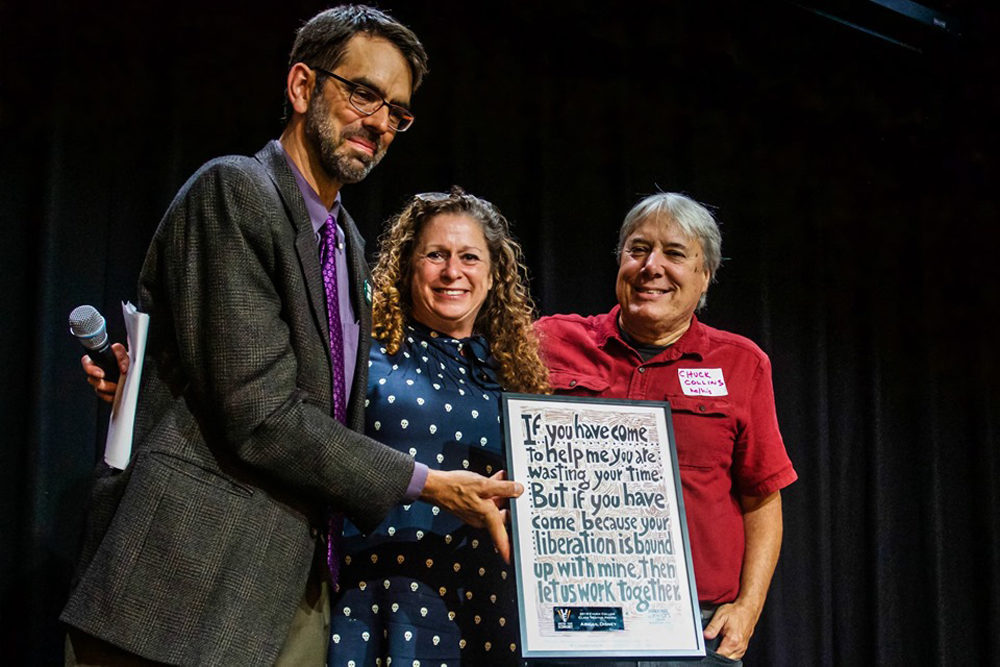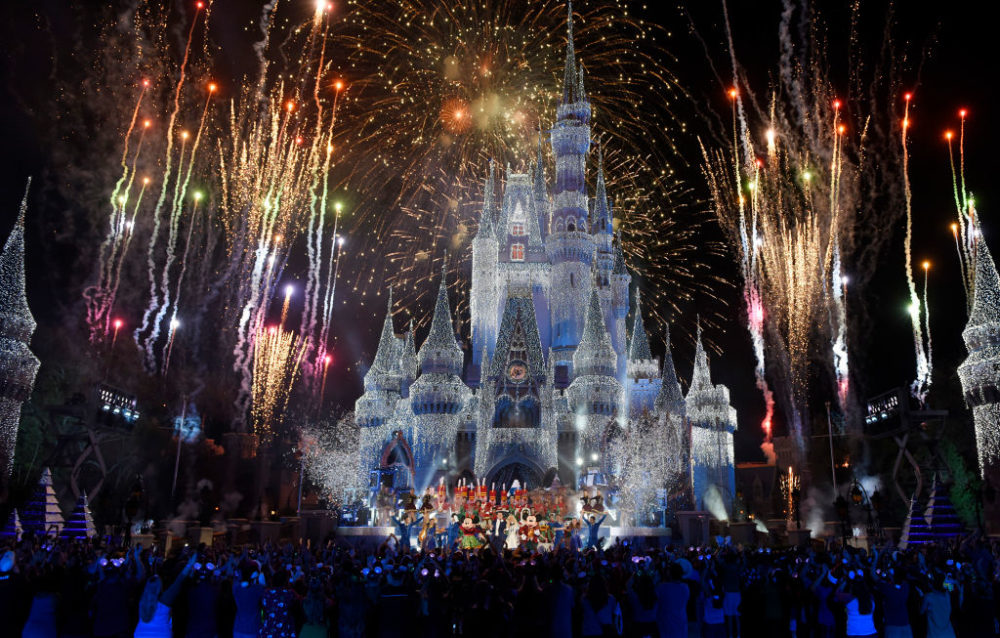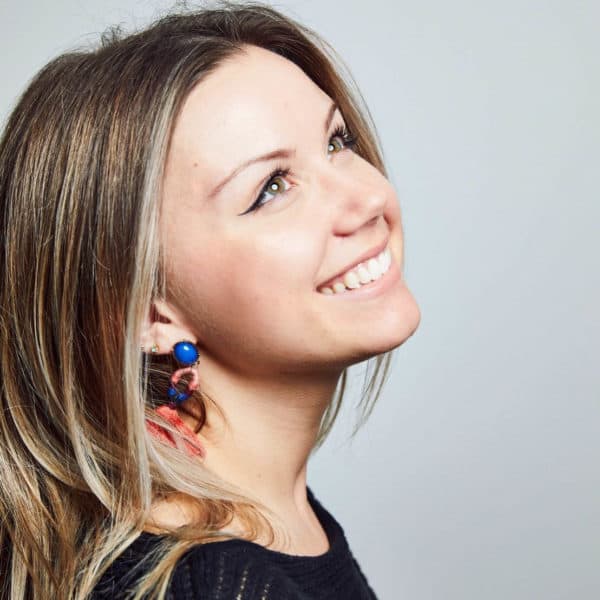Advertisement
Abigail Disney Receives 'Class Traitor' Award
Resume
The granddaughter of Roy Disney, co-founder of The Walt Disney Company, is a class traitor. She proudly accepted this title at the United for a Fair Economy’s 25th anniversary celebration.
Earlier this month, United for a Fair Economy, an economic rights organization, brought together activists working for a fair and just economy, and inheritors — people who have inherited extreme wealth and agree that creating an equitable economy benefits everyone, but mostly the lowest paid.
They honored among others Abigail Disney, an heiress to the Disney family fortune. She’s been outspoken against income inequality, specifically regarding Disney’s treatment of their workers.
She found the “Class Traitor” award fitting. “I love it and I've been saying for years in my family that I'm a traitor to my class,” she says.
“I'm very committed to the idea that the people who work hardest in this society are the people who are least rewarded,” she says. “I don't think a CEO, he may work a 60-hour week, but I guarantee you he's not half as tired as a hotel maid is.”
It’s not the millionaire or billionaire’s salary she takes issue with. It’s how they are treating those below them who don’t make close to the same paycheck.
Take Bob Iger, chairman and chief executive officer of The Walt Disney Company, for example.
“What I don't understand is that you can walk home with $130 million for a single year's work and at the same time know that less than 20 miles from where you lay your head on the pillow peacefully, there's somebody who can't guarantee that tomorrow morning there will be enough food,” Disney says. “I just don't understand how there's not too much shame in that.”
Disney says talking about disparity has “never been comfortable” for her, and she often gets emotional. She explains an unsettling moment earlier this year when she visited workers at Disney. She says she witnessed “a major violation of some very basic principles of fairness” — workers’ hours being purposefully limited to sidestep qualifying for full-time employment and thus benefits.
“Everything that Wall Street has encouraged American businesses to do — the downward pressure on costs and the upward pressure on productivity, which has effectively just eroded the American workers' dignity — that's unacceptable,” she says. “That's been happening at this company.”
Many Disney workers, she explains, truly believe in the mission and principles of Disney and the real-life magic it represents. They are loyal, low-wage Disney employees “selling soda and a dream” for little compensation, she says.

“The workers I met with could have gotten more pay elsewhere but wouldn't have had the personal satisfaction of working for Disney, and they were at the breaking point,” Disney says, “That's what makes me upset.”
When she went public with her comments on the wage compensation of Disney workers, the company shot back.
"This widely reported stunt is a gross and unfair exaggeration of the facts that is not only a misrepresentation, but also an insult to the thousands of employees who are part of the Disney community," a Disney spokesman said in July. "We strongly disagree with this characterization of our employees and their experience at Disney."
The company said workers are paid an average of $19.50 an hour, which is a little more than double the federal minimum wage. They also said they provide other benefits including the Disney Aspire program, which pays for workers to earn a college, high school or vocational degree.
Abigail Disney says while the company’s initiatives are important, it assumes the narrative that “if you’re in a low paying job, you’re only it in on your way to a better paying job.”
“If you do not intend to scrub your own freakin’ toilet then you had better be willing to pay the person who does it in your stead. That whole idea of 'betterment' implies that a person who's cleaning the toilets isn't really already enough,” she says, “Average $19.50 doesn't tell you anything about the bottom.”
Her idea of a “dignified salary” — paying workers a livable wage — came from first-hand experience when she felt shame for inheriting massive amounts of money. She says she saw a profound change in her father, Roy Edward Disney, a longtime senior executive for The Walt Disney Company, when the company took off in the 1980s. She watched as he became less and less concerned with the welfare of his least-paid employees.
From personal experience, having copious amounts of wealth is “an empathy killer,” Disney says. She tries to defy that with her bottom line: taxing the wealthy. And she starts with her family’s business.
“Disney has 200,000 employees. Disney took $3.5 billion from their tax windfall in 2018 and they'd share buybacks,” she says. “At any time that Disney chooses, it could raise the wages of the bottom 20% of its employees without affecting profitability.”
In a letter addressed to 2020 presidential candidates, Disney and 18 other 1 percenters showed their support of a tax for households with $50 million or more in assets.
“The next dollar of new tax revenue should come from the most financially fortunate, not from middle-income and lower-income Americans,” the letter said.
A wealth tax isn’t an attack on the American dream, Disney insists. She believes the American dream simply isn’t attainable anymore.
“I'm attacking the idea that the American dream is still valid because it's not,” she says. “The ladder out of poverty that my grandfather and great uncle climbed is no longer available.”
Robin Young produced and edited this interview for broadcast with Todd Mundt. Serena McMahon adapted it for the web.
This segment aired on September 24, 2019.

